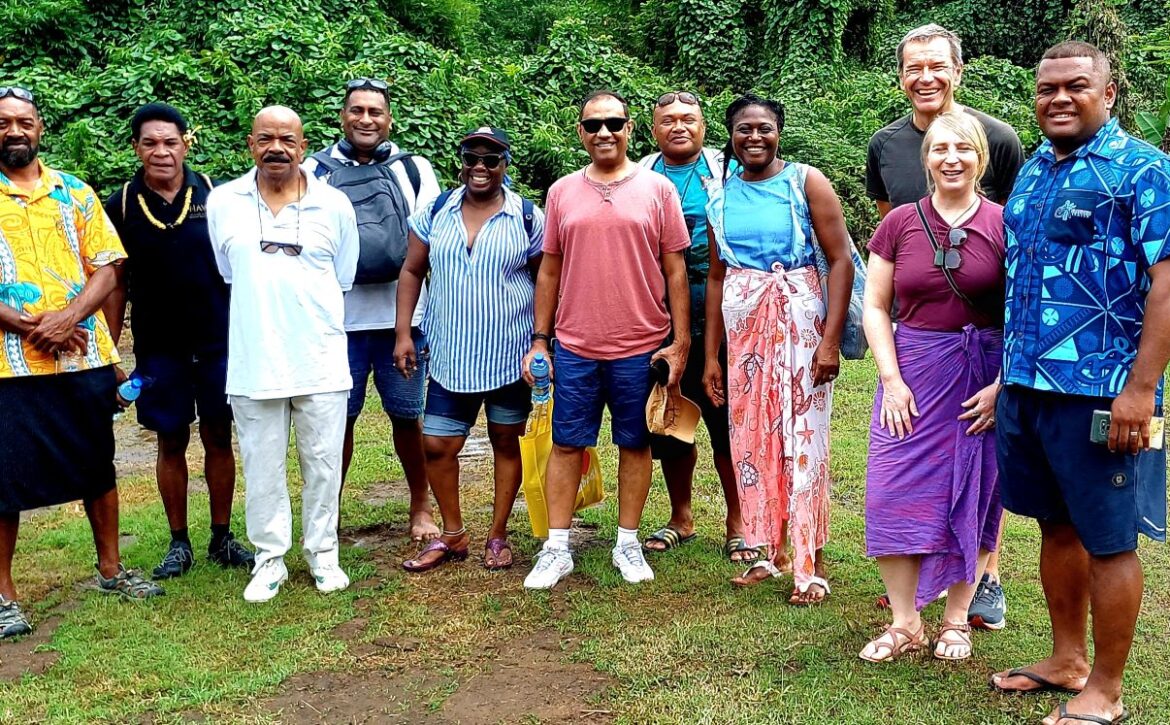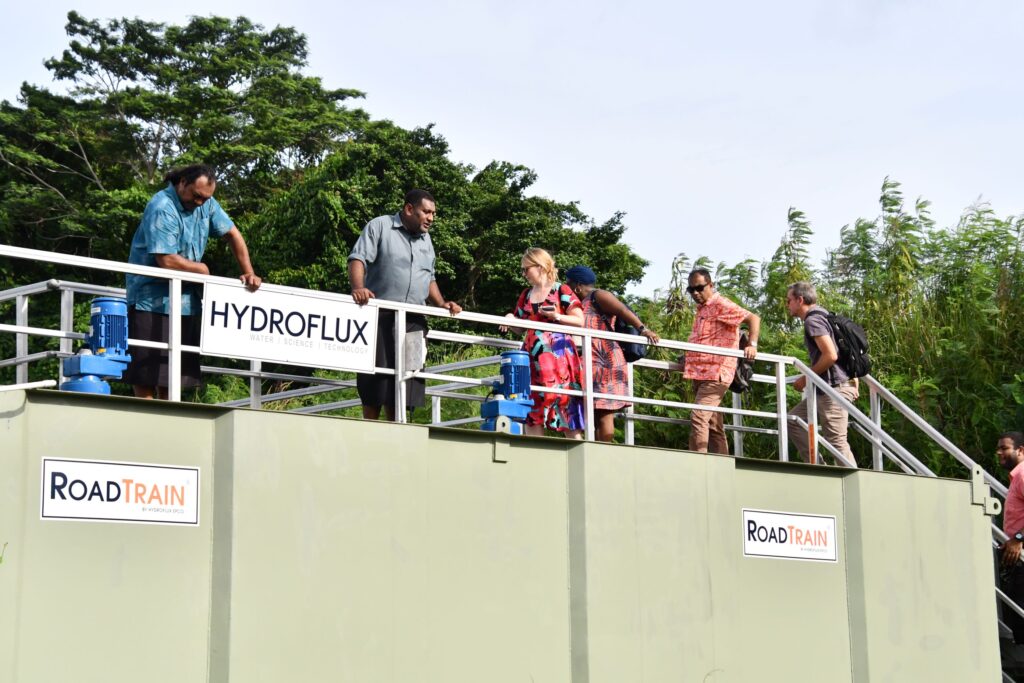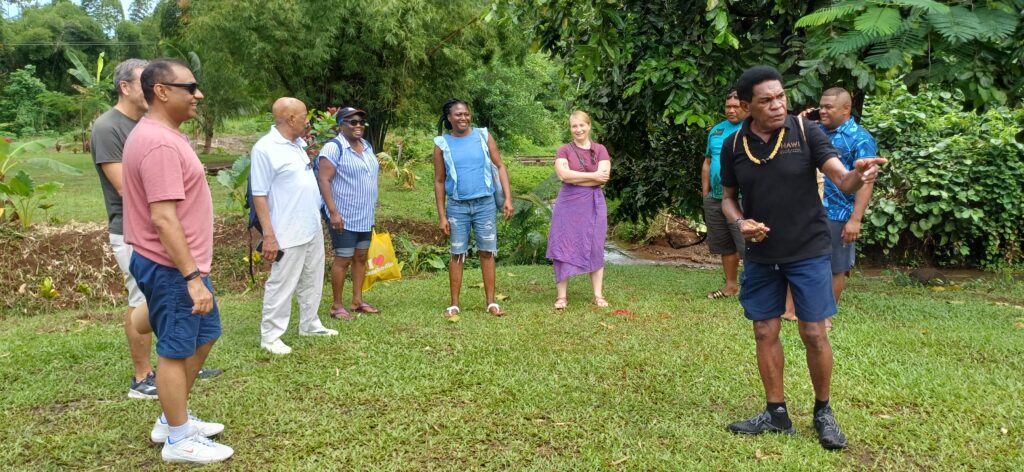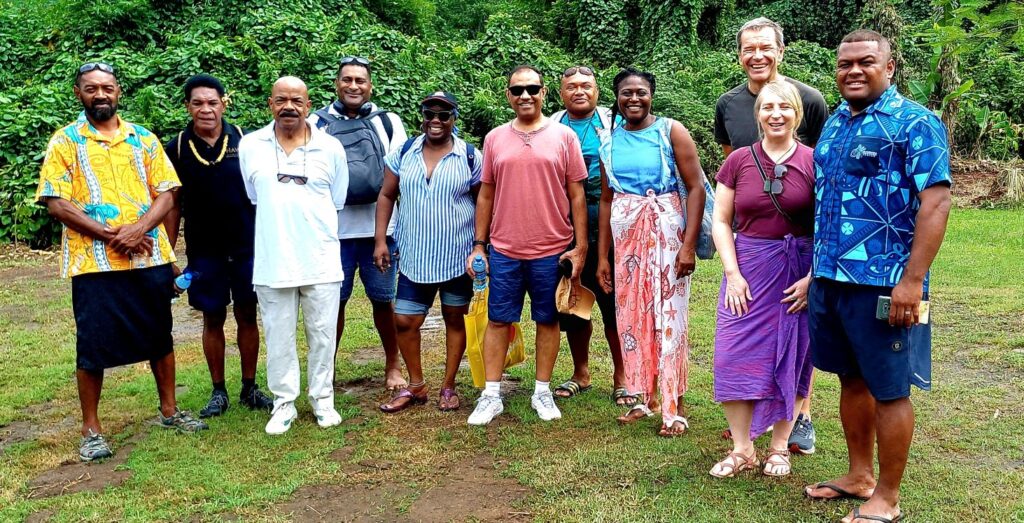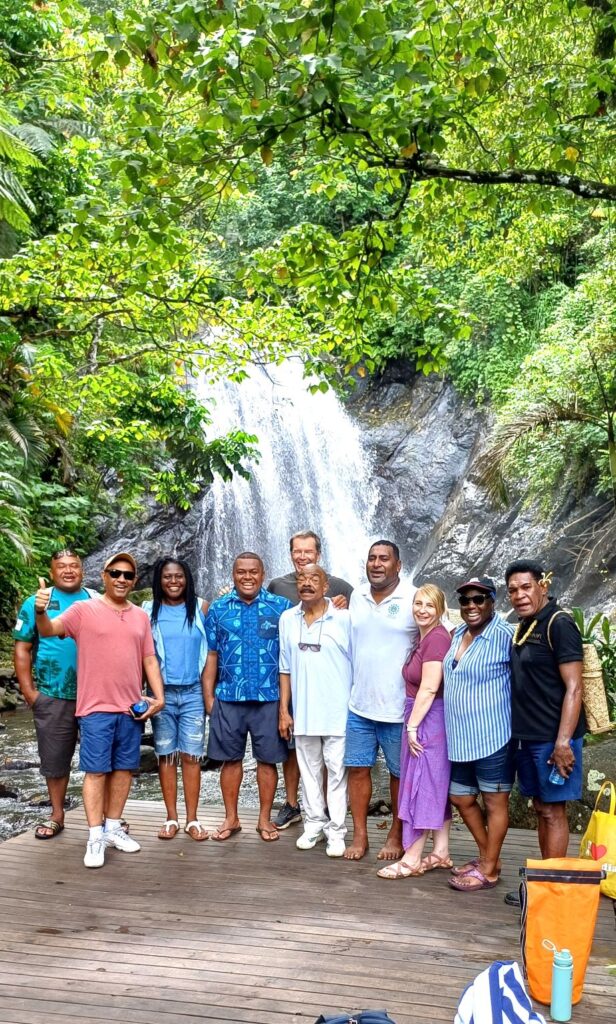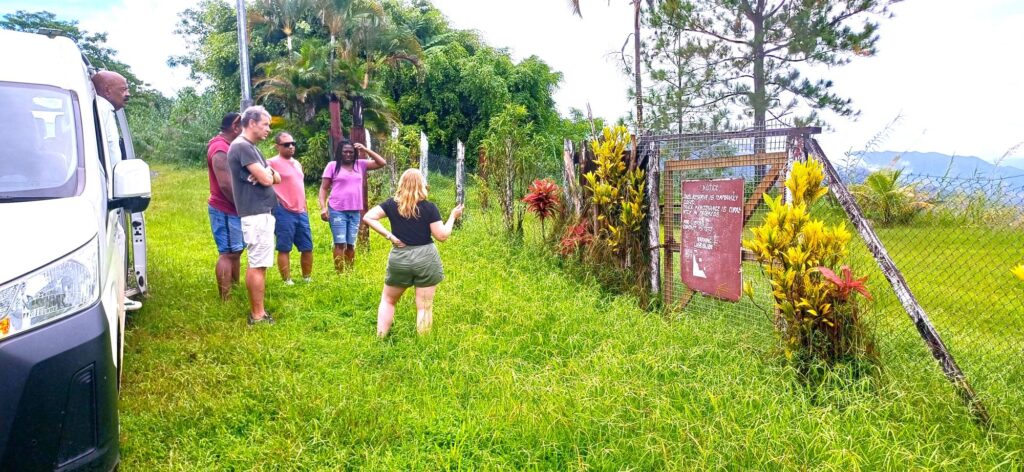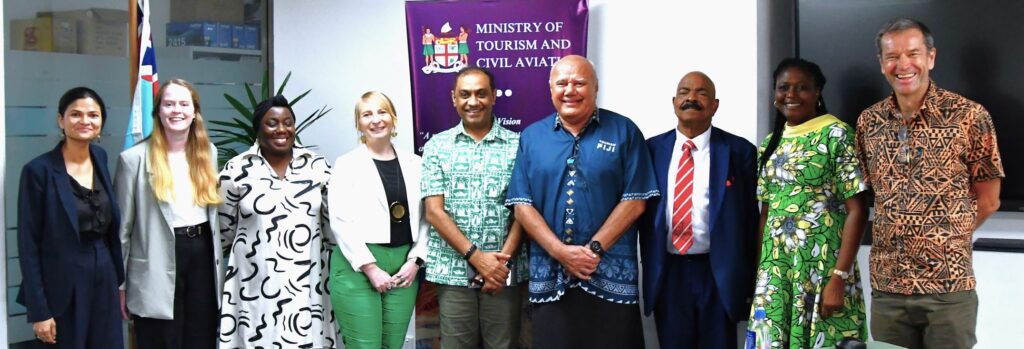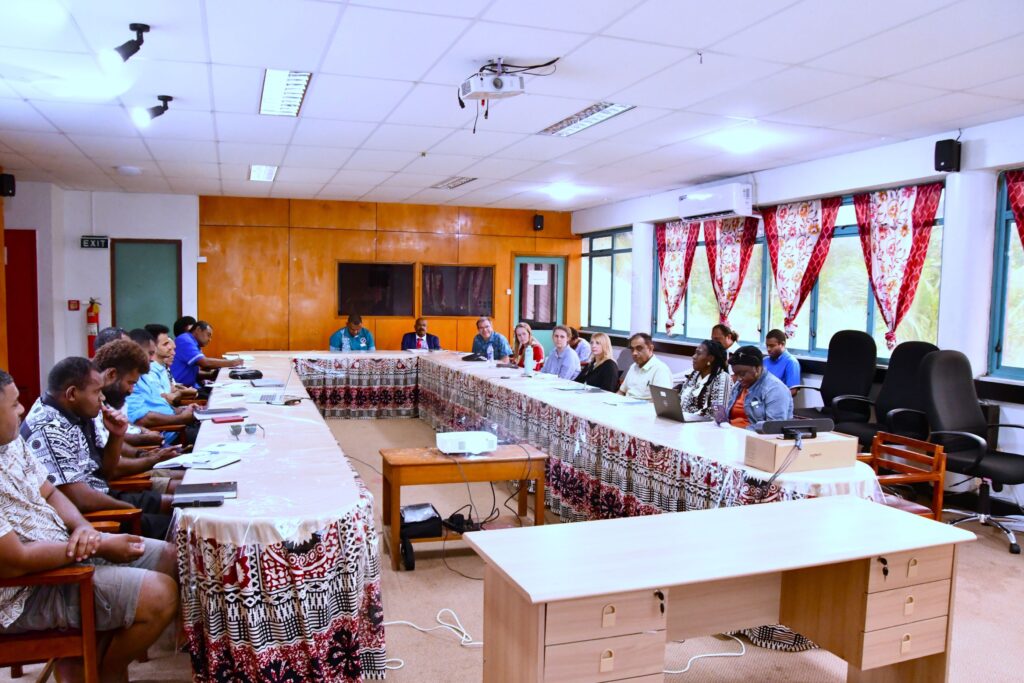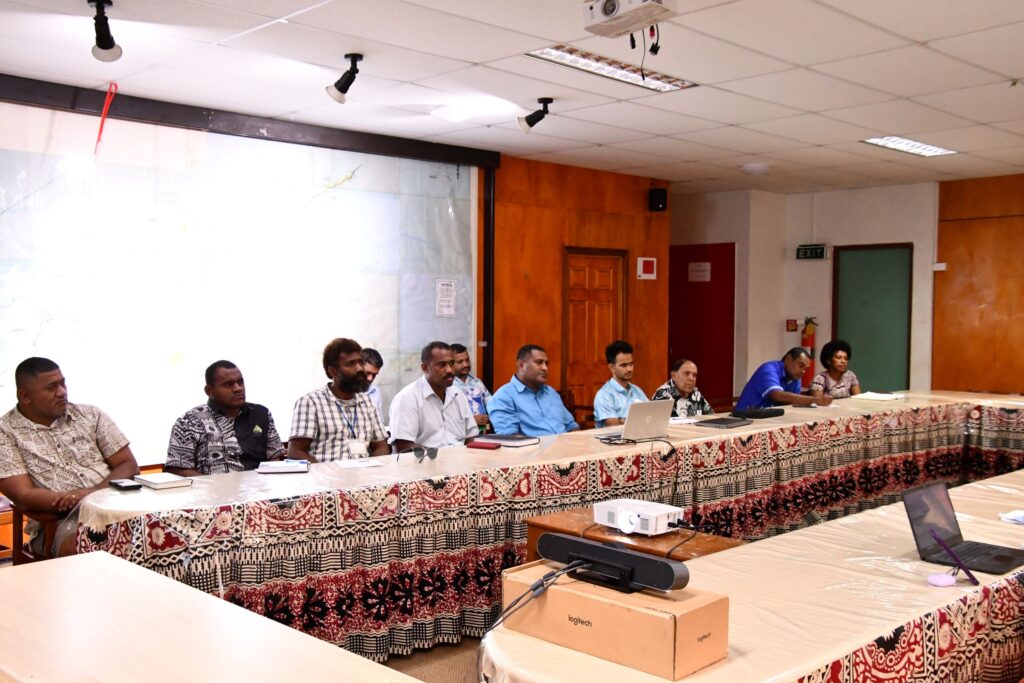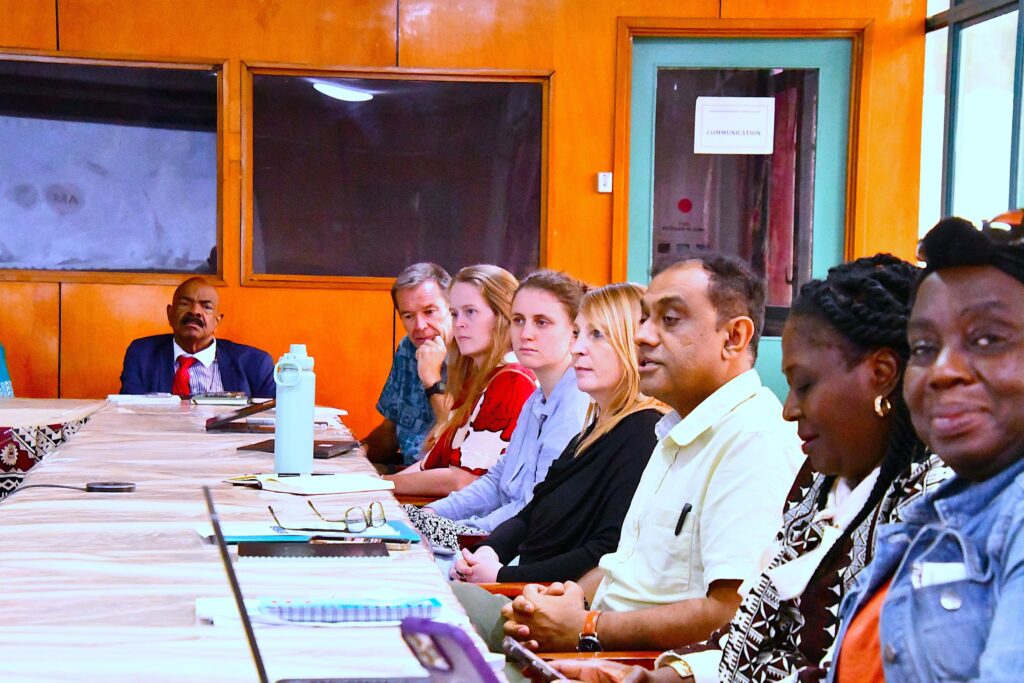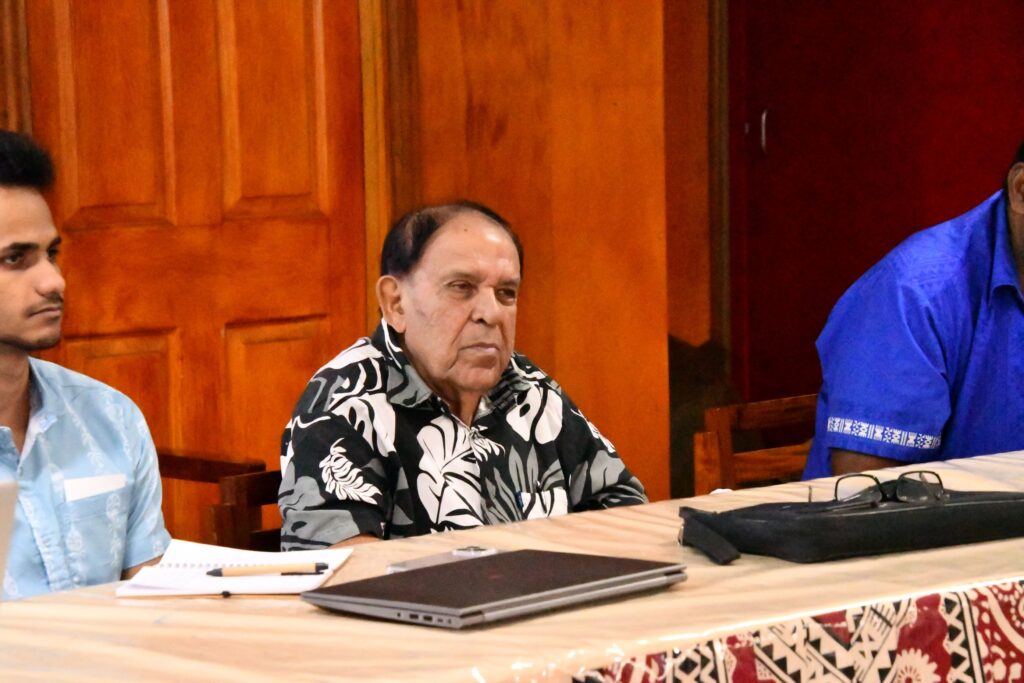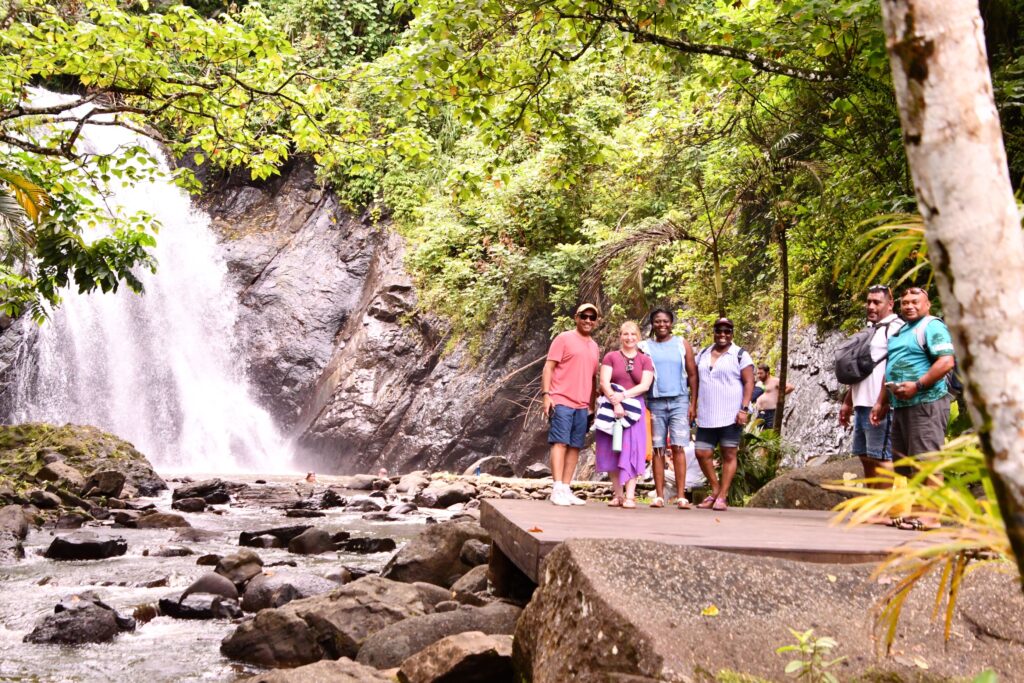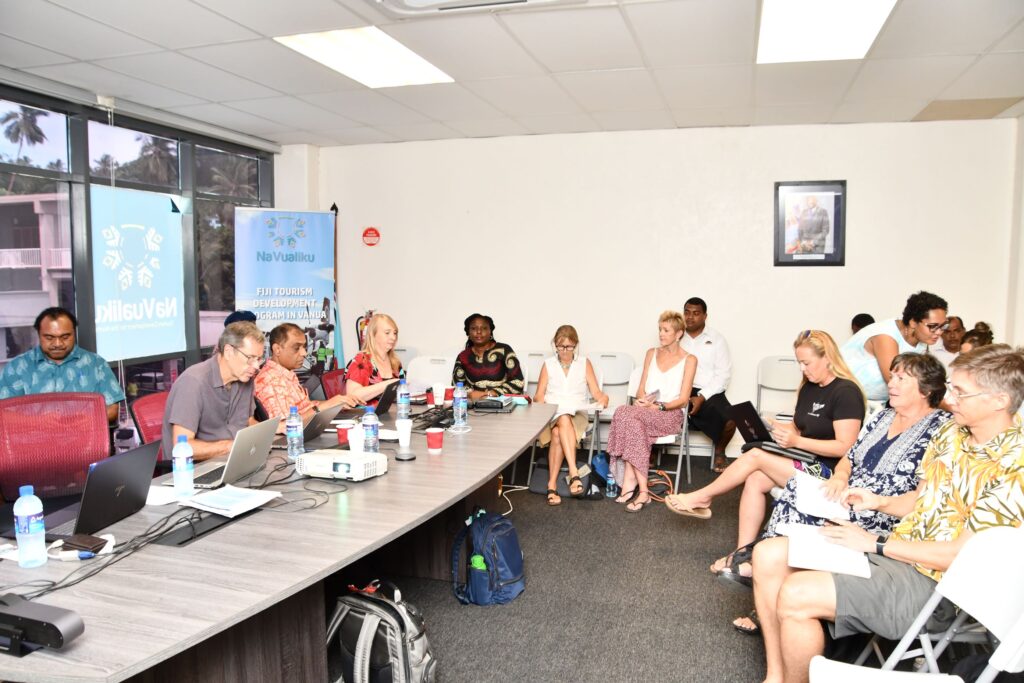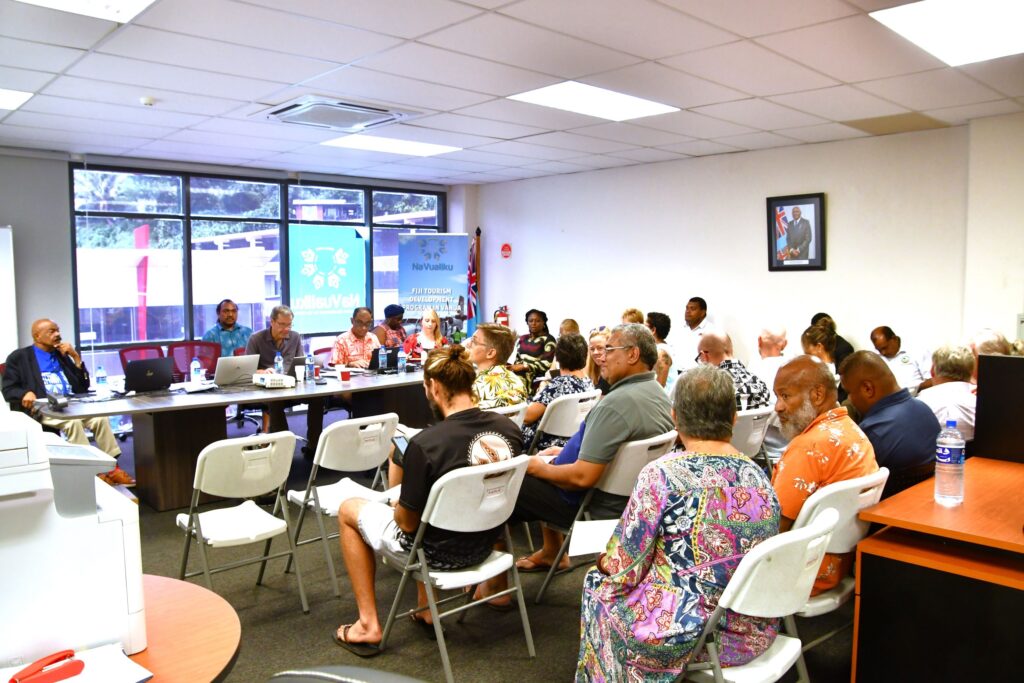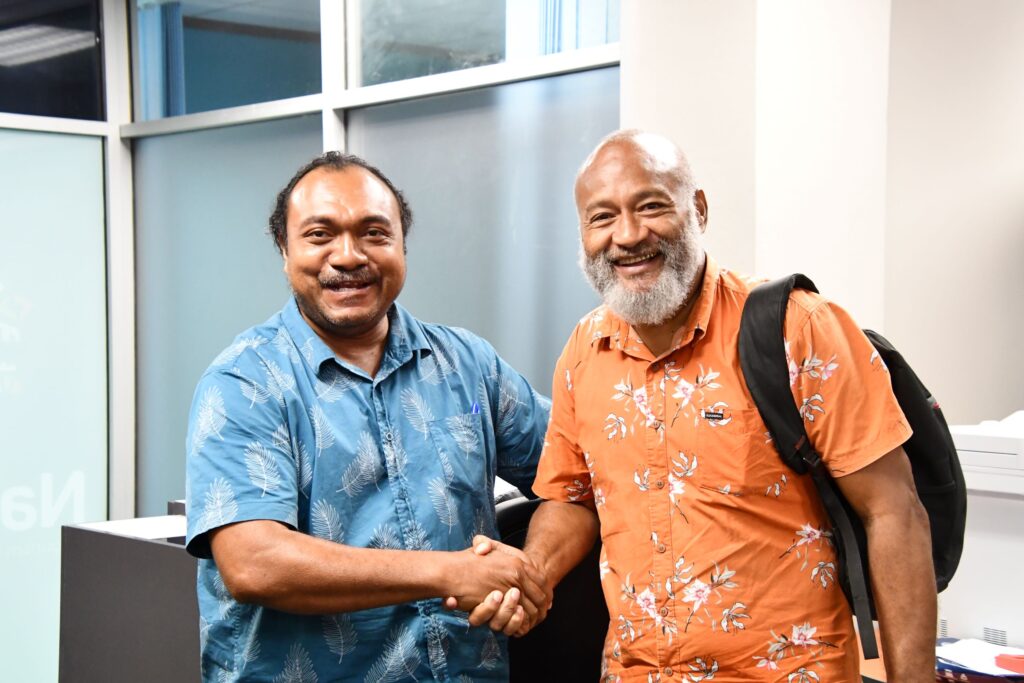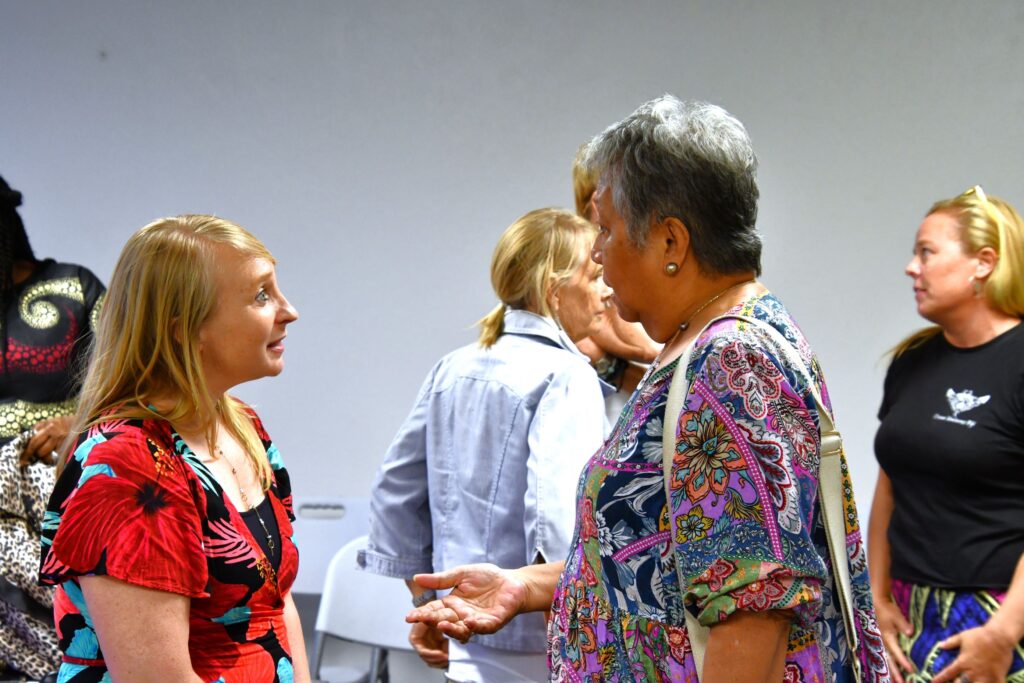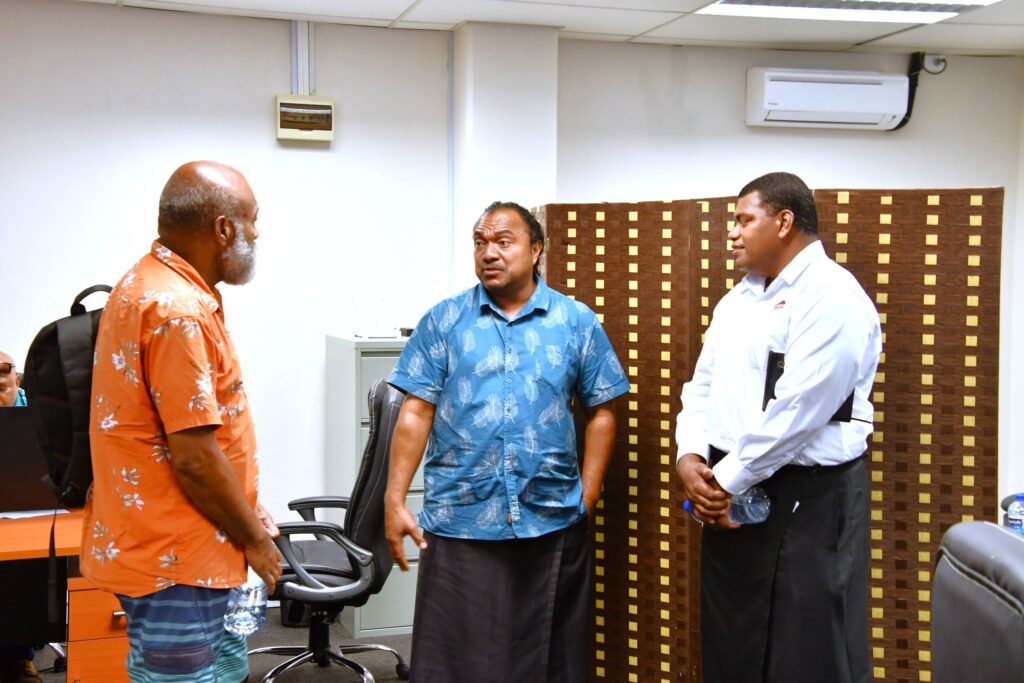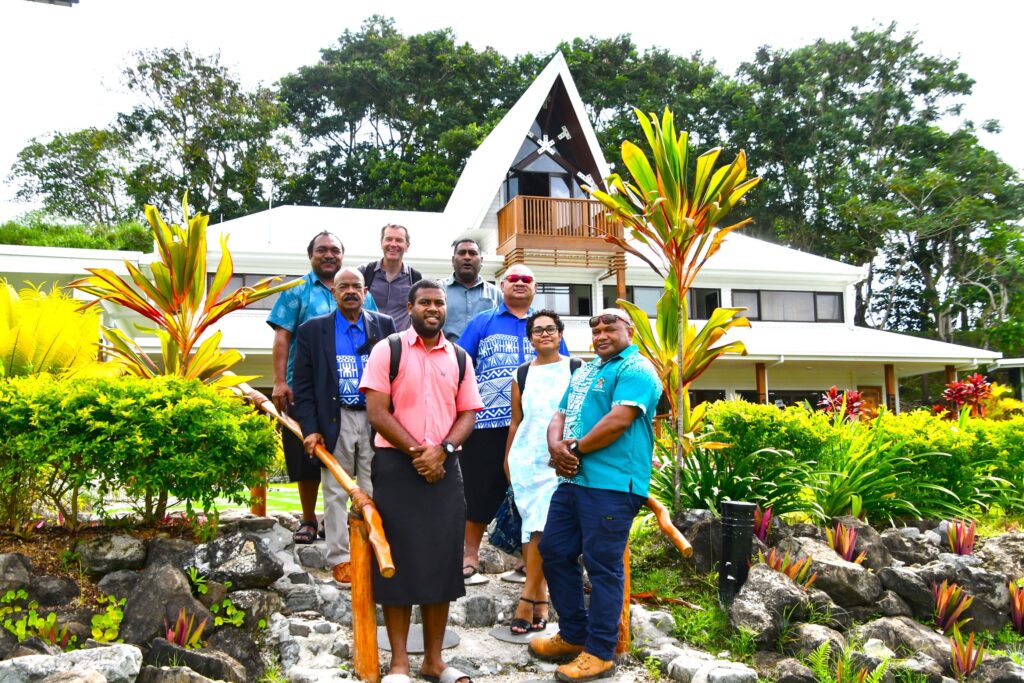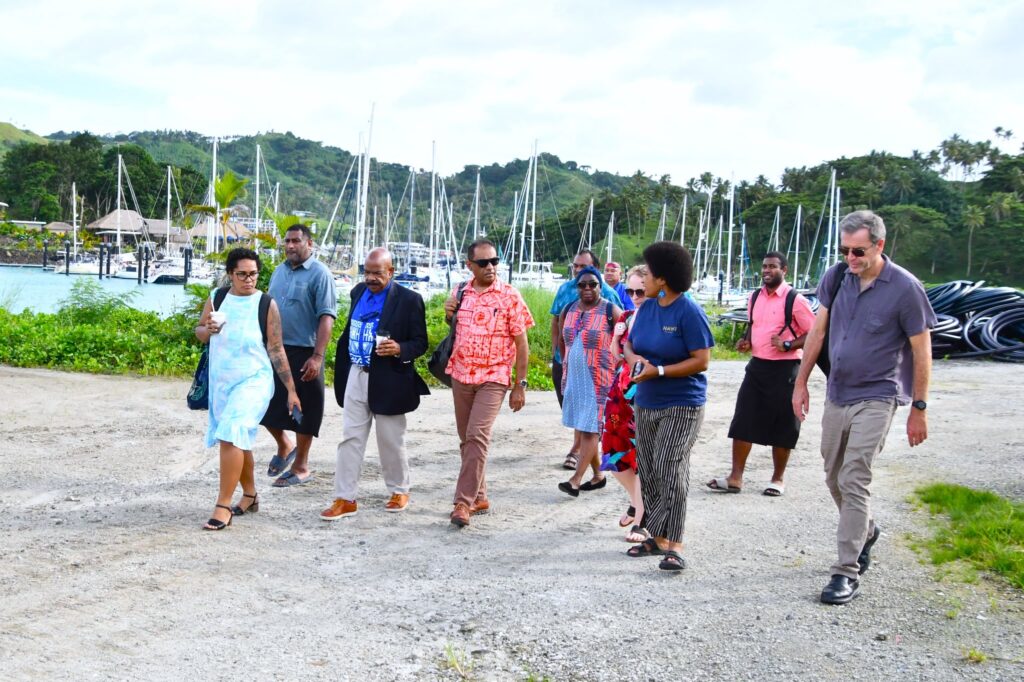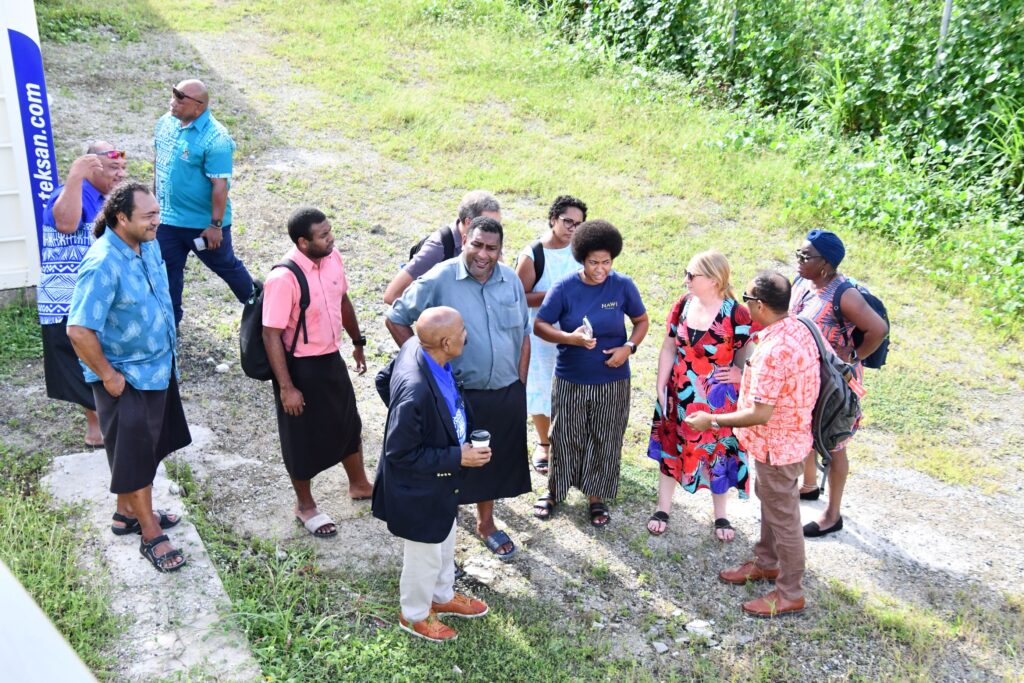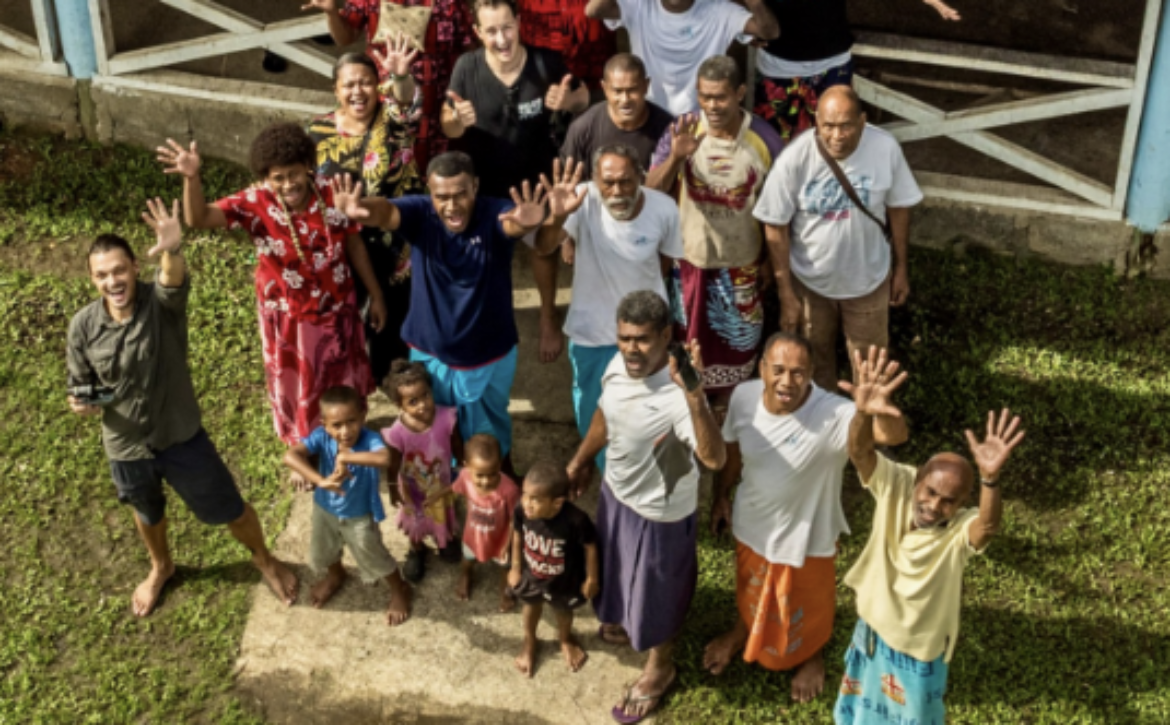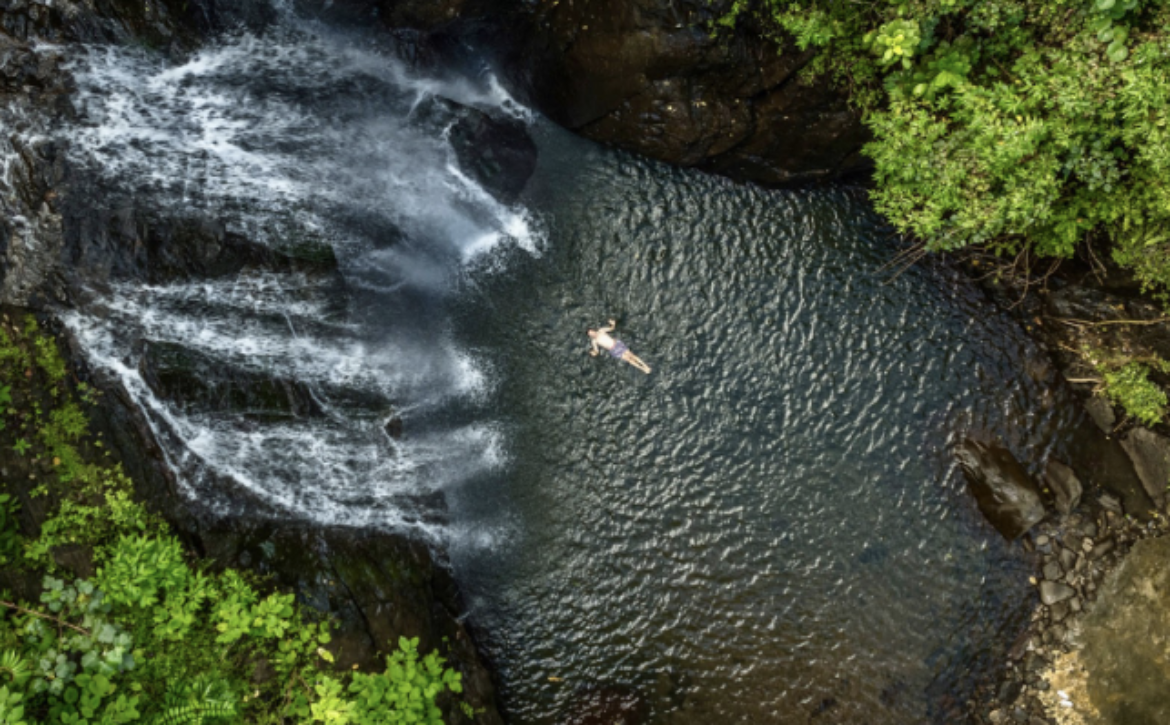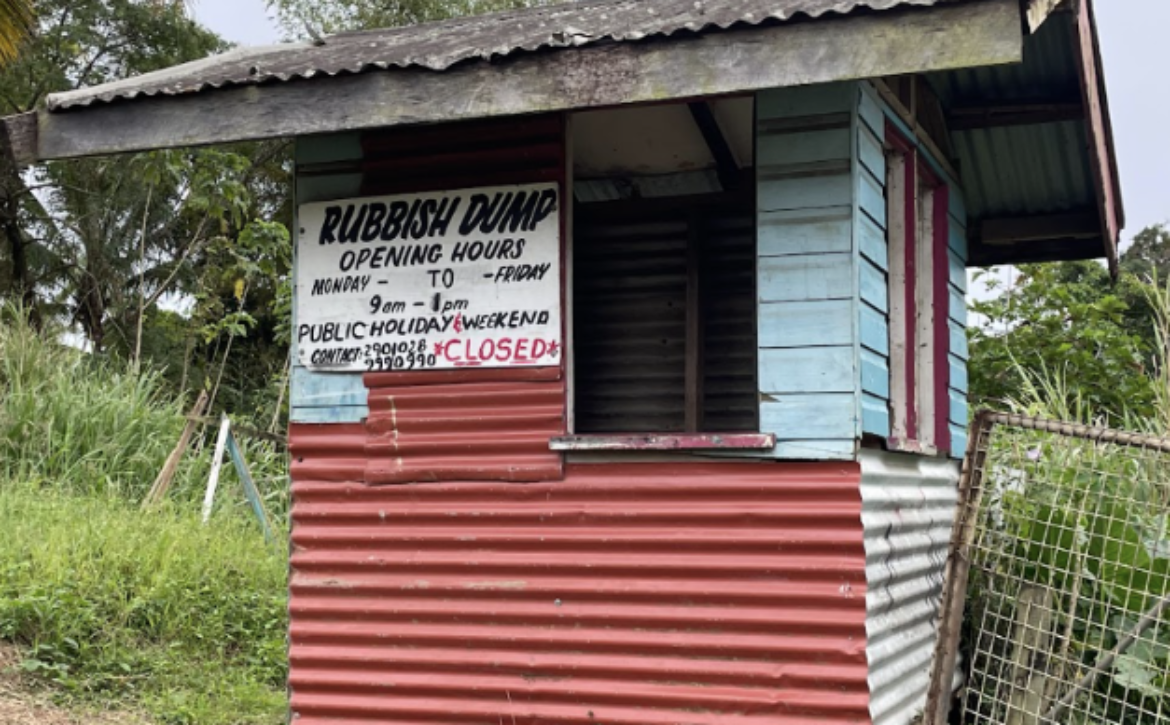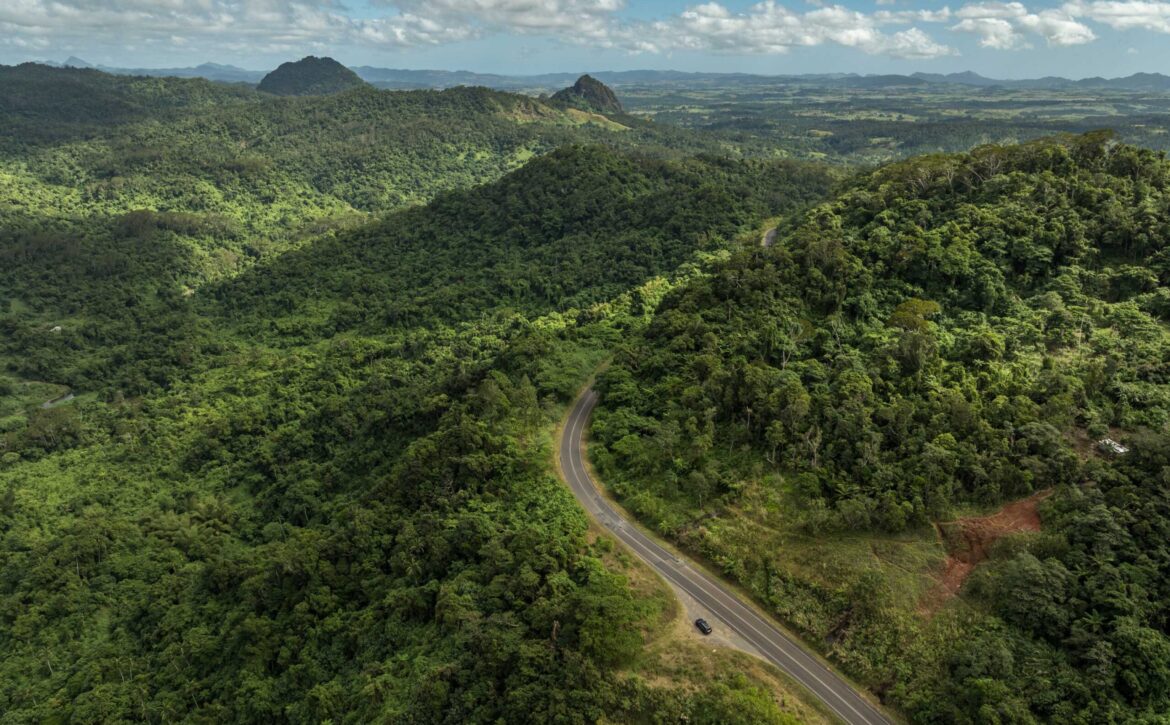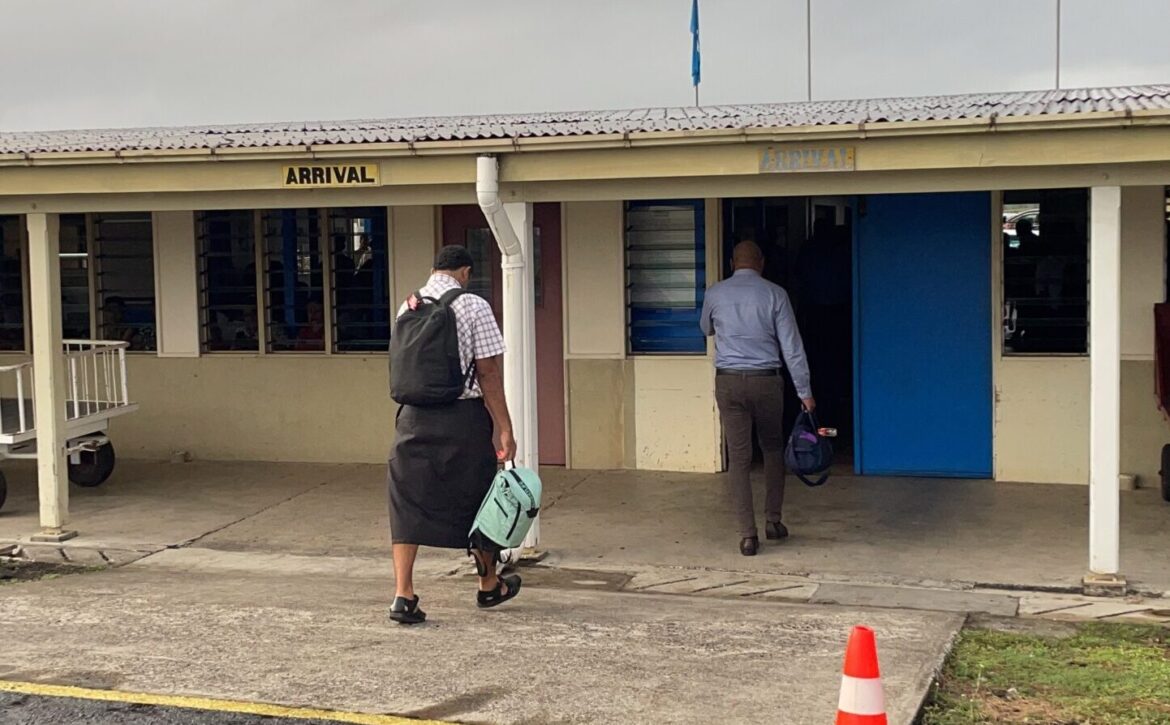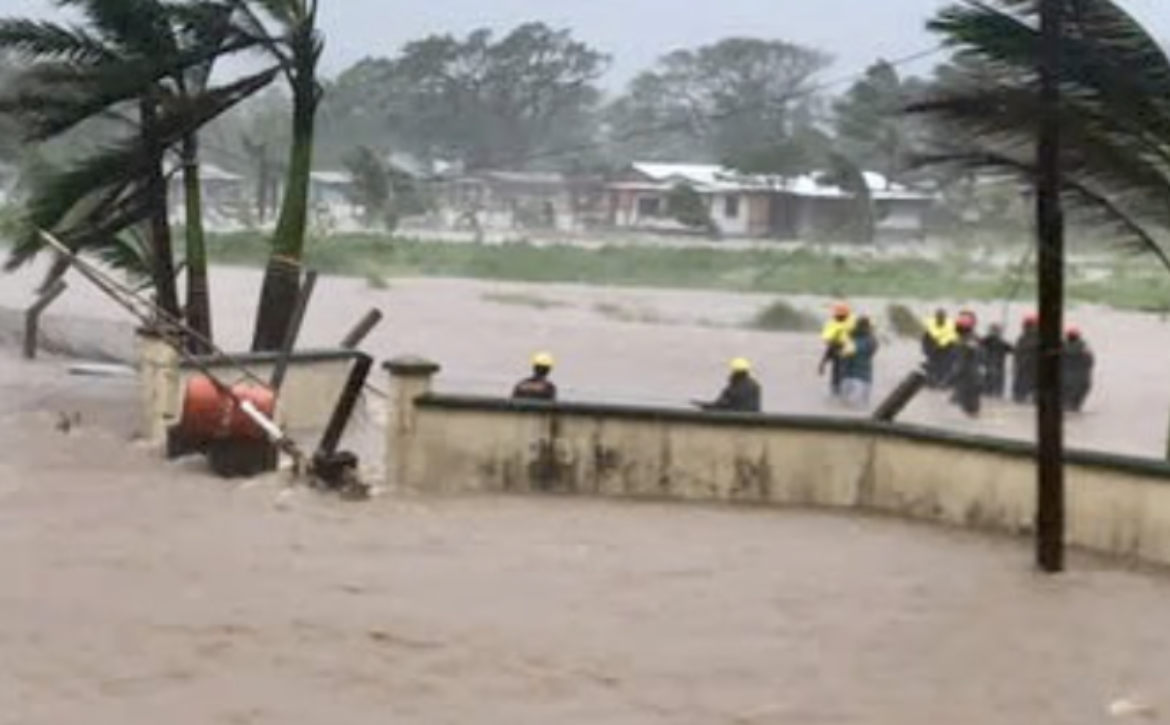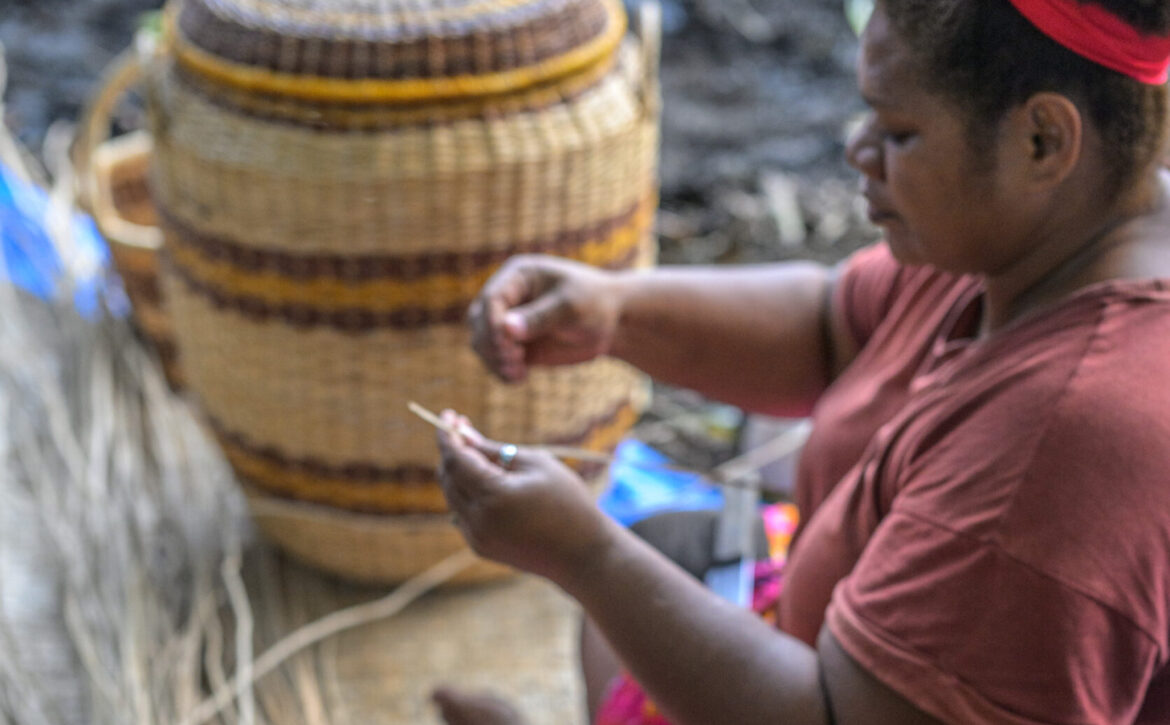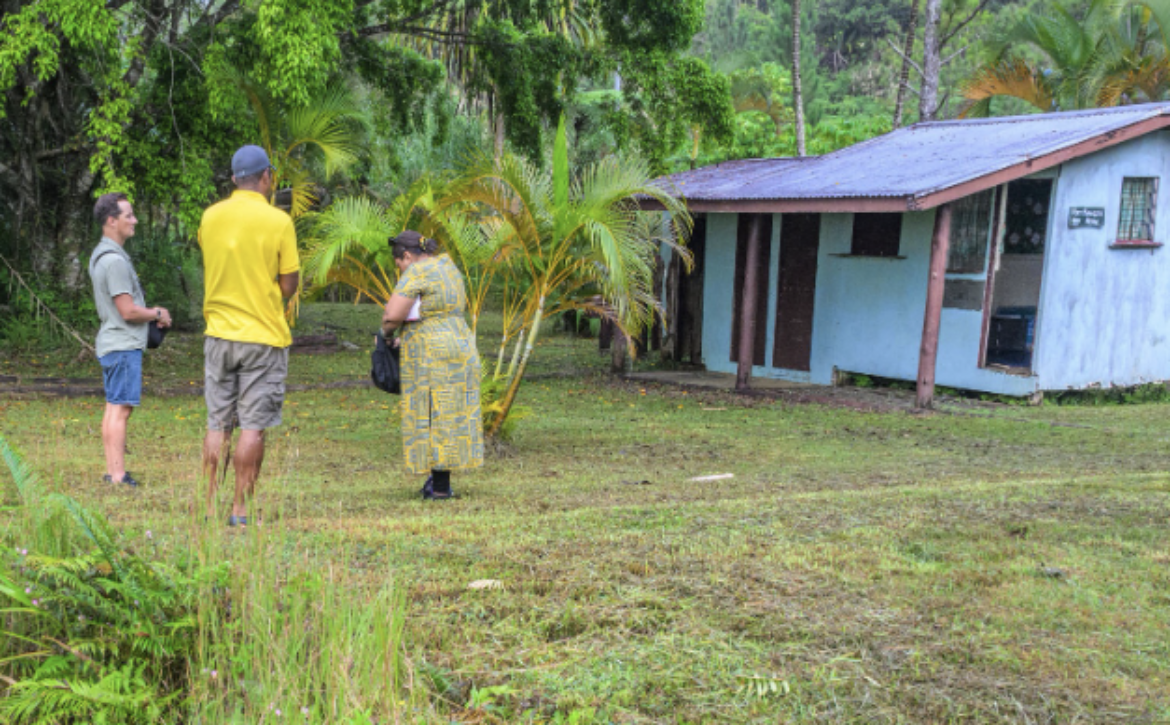World Bank Concludes Fourth Implementation Mission for NaVualiku Program

Savusavu, Fiji – April 16, 2025 – The Ministry of Tourism and Civil Aviation, in collaboration with the World Bank Mission Team, has successfully completed its fourth implementation support mission for the Fiji Tourism Development Program in Vanua Levu (Na Vualiku). This milestone underscores the ongoing commitment to advancing infrastructure and sustainable tourism growth in the region.
Over the course of seven days, senior representatives from key implementing agencies and technical partners—including the Fiji Roads Authority, Fiji Airports, the Commissioner Northern Office, municipal leaders from Labasa and Savusavu Town Councils, and various government and non-government stakeholders—engaged in strategic discussions. The mission focused on reviewing progress, enhancing operational frameworks to accelerate implementation, and aligning on actionable next steps.
Key Focus Areas of the Mission:
- Environmental Sustainability – Progress on the Strategic Environmental and Social Assessments (SESA) and planned upgrades to the Waisali Forest Reserve.
- Critical Infrastructure Development – Proposed enhancements to Savusavu and Labasa Airports, along with the Labasa-Savusavu Cross-Island Road.
- Urban Service Improvements – Initiatives in solid and water waste management systems, as well as solar energy installations on public buildings in Labasa and Savusavu.
Ministerial Remarks
The Honorable Vilame Gavoka, Minister for Tourism and Civil Aviation, stated: “This program exemplifies our government’s dedication to equitable and sustainable development for all Fijians. As we progress into this fourth phase, we are ensuring that every decision—from infrastructure upgrades to environmental conservation—aligns with community needs and global best practices. The strong partnership between local stakeholders and the World Bank ensures that Vanua Levu’s transformation will be both inclusive and forward-thinking.”
Stakeholder Perspectives
Fiji Airports Limited
Mr. Mesake Nawari, CEO of Fiji Airports Limited, commented: “Our technical assessments are strategically evaluating potential sites for new airport infrastructure to accommodate Vanua Levu’s growth while prioritizing environmental stewardship. The ongoing Strategic Environmental and Social Assessments will guide optimal decision-making for tourism and community benefit.”
Fiji Roads Authority
Mr. Apisai Ketenilagi, CEO of Fiji Roads Authority, added: “The Cross-Island Road project is advancing through critical planning stages, with a focus on safe, sustainable transportation solutions that preserve Vanua Levu’s natural landscape—an objective fully supported by our collaboration with the World Bank and the Fijian Government.”
Upcoming Initiatives
The mission also reviewed forthcoming programs, including:
- A dedicated support initiative for Micro, Small, and Medium Enterprises (MSMEs) in Vanua Levu and Taveuni’s tourism sector, with targeted assistance for community-based and women-led enterprises.
- The development of an Integrated Tourism Master Plan, providing a 25-year strategic framework for sustainable tourism development, including geospatial planning for key tourism locations.
The mission concluded with a high-level wrap-up meeting between the World Bank and Fiji’s Ministry of Tourism and Civil Aviation to consolidate key findings and prioritize next steps in driving sustainable tourism development for Vanua Levu.
-END-


